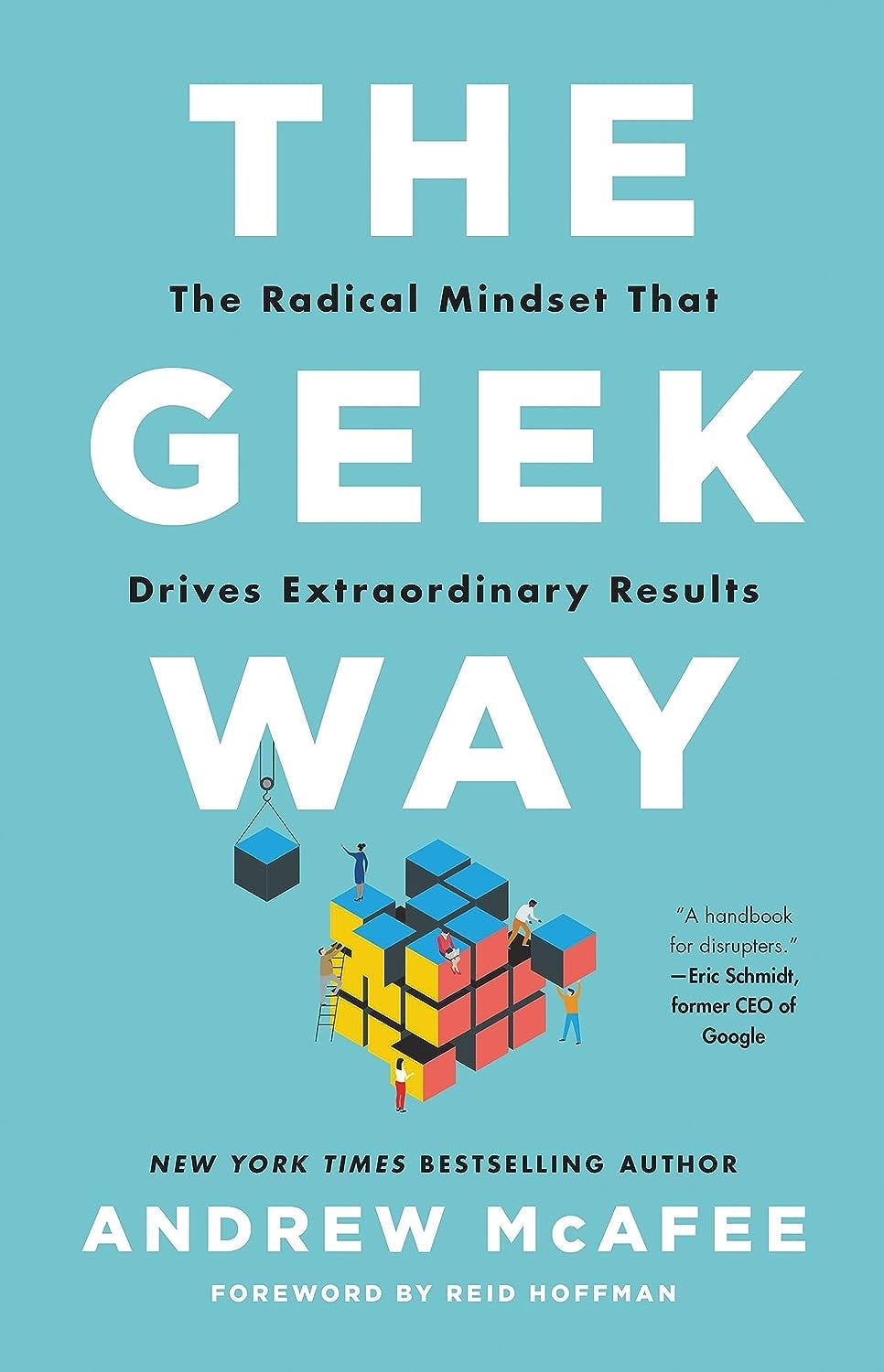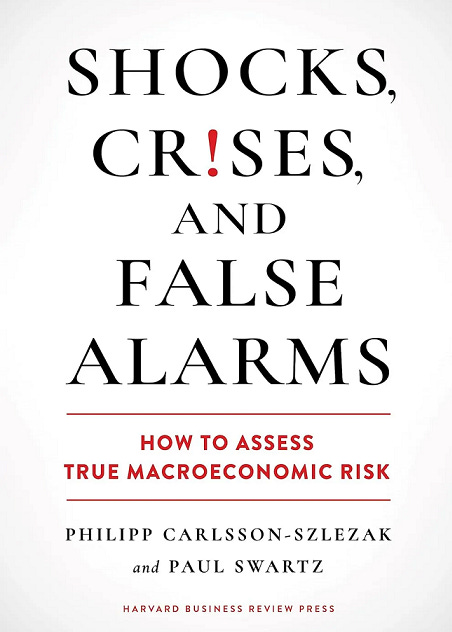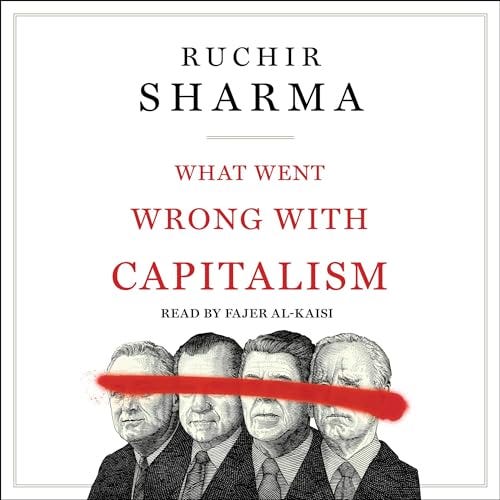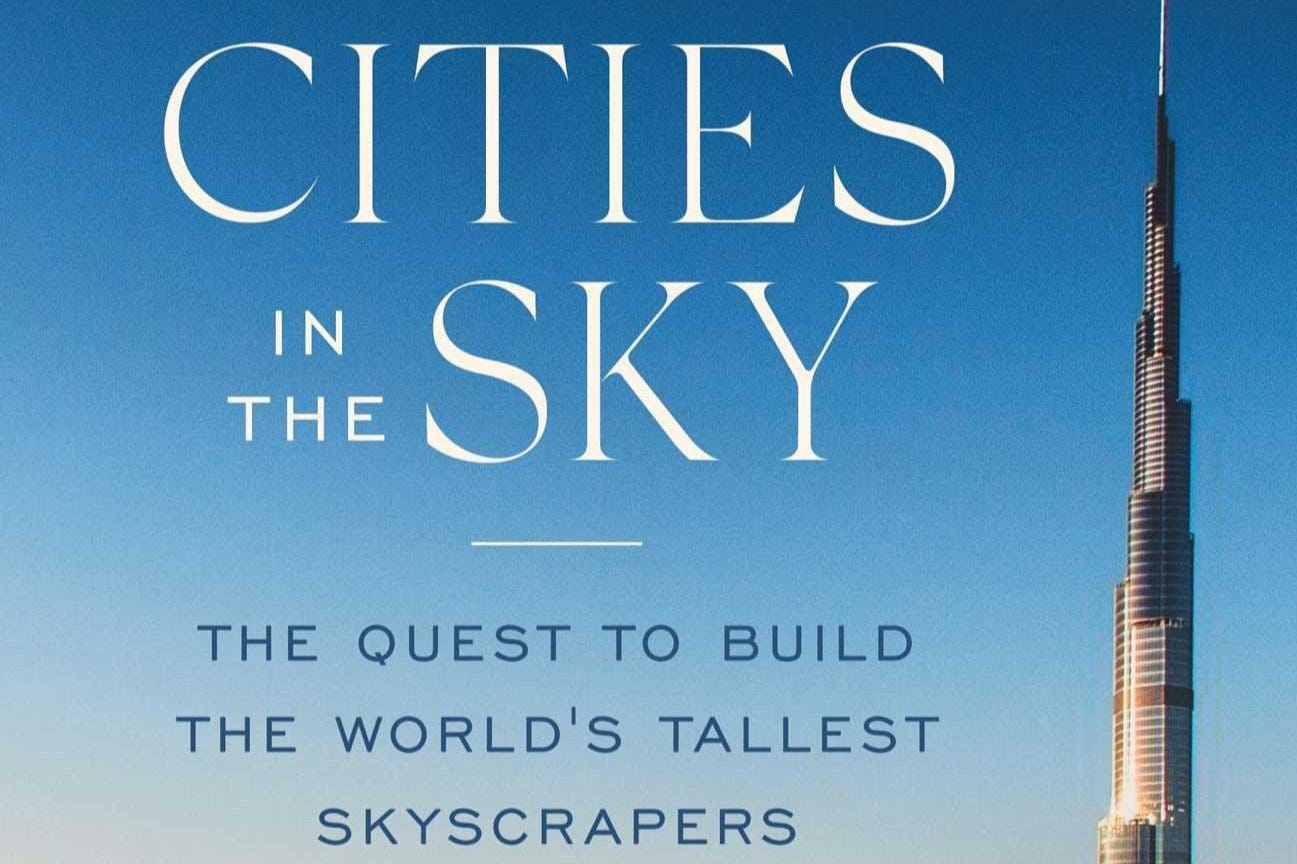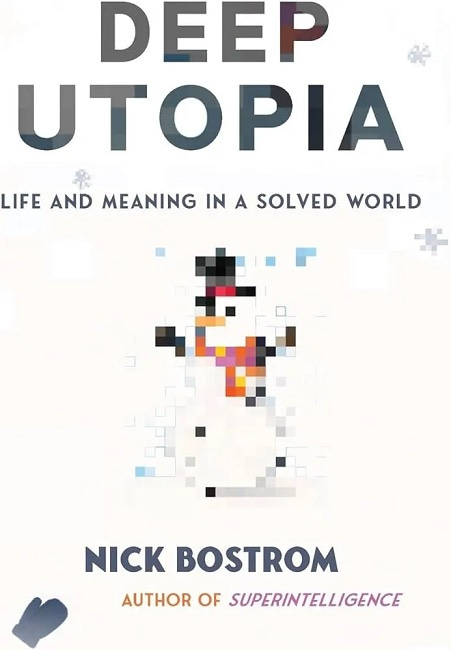🌐 My chat (+transcript) with Andrew McAfee on how to upgrade any company like a geek
Description
Science. Ownership. Speed. Openness.
These are the four pillars of Andrew McAfee’s observed structure for successful companies. It is the “geeks,” the leaders at the forefront of cross-industry innovation, who embrace these norms and have the potential to redefine business as we know it. In order to break ground and create the kind of future we dream of, organizational leaders need to banish the fear of failure, embrace mistakes, and accept hard feedback with open arms.
Andrew is a best-selling author, Principal Research Scientist at the MIT Sloan School of Management, and co-founder of MIT’s Initiative on the Digital Economy. His books include More from Less and The Second Machine Age, co-authored with Erik Brynjolfsson. Today on the podcast, we discuss the ideas captured in his most recent book, The Geek Way: The Radical Mindset that Drives Extraordinary Results.
In This Episode
* The universal geek (1:35 )
* The four geek norms (8:29 )
* Tales of geeks and non-geeks (15:19 )
* Can big companies go geek? (18:33 )
* The geek way beyond tech (26:32 )
Below is a lightly edited transcript of our conversation.
The universal geek (1:35 )
Pethokoukis: Is The Geek Way really the Silicon Valley Way? Is this book saying, “Here's how to turn your company into a tech startup”?
McAfee: You mentioned both Silicon Valley and tech, and this book is not about either of those—it's not about a region and it's not about an industry, it's about a set of practices. And I think a lot of the confusion comes because those practices were incubated and largely formulated in this region called “Silicon Valley” in this industry that we call “tech”. So I understand the confusion, but I'm not writing about the Valley. Plenty of people do that. I'm not writing about the tech industry. Plenty of people do that. The phenomenon that I don't think we are paying enough attention to is this set of practices and philosophies that, I believe, when bundled correctly, amounts to a flat old upgrade to the company, just a better way to do the thing a company is supposed to do. That needed a label, because it's new. “Geek” is the label that I latched onto.
But there's a universal aspect to this, then.
Yeah, I believe there is. I understand this sounds arrogant—I believe it's a flat better way to run a company. I don't care where in the world you are, I don't care what industry you are in, if you're making decisions based on evidence, if you're iterating more and planning less, if you're building a modular organization that really does give people authority and responsibility, and if you build an organization where people are actually comfortable speaking truth to power, I think you're going to do better.
One reason I'm excited about this book is because, you as well, we think about technological progress, we think about economic growth and productivity and part of that is science and coming up with new ideas and a new technology, but all that stuff has to actually be turned into a commercial enterprise and there has to be well-run companies that take that idea and sell it. Maybe the economist’s word might be “diffusion” or something like that, but that's a pretty big part of the story, which I think maybe economists tend not to focus as much on, or policy people, but it's pretty darn important and that's what I think is so exciting about your book is that it addresses that: How to create companies that can do that process—invention-to-product—better. So how can they do it better?
Let me quibble with you just a little bit. There are alternatives to this method of getting goods and services to people, called “the company.” That's what we do in capitalist societies. Jim, like you know all too well, over the course of the 20th century, we ran a couple of experiments trying it a different way: These collectivist, command-and-control, centrally planned economies, those were horrible failures! Let's just establish that right off the bat.
So in most of the parts of the world—I think in all the parts of the world where you and I would actually want to live—I agree with you, we've settled on this method of getting most goods and services to people, most of what they consume, via these entities called companies, and I don't care if you're in a Nordic social democracy, or in the US of A, or in Southeast Asia, companies are the things getting you most of what you consume. I think in the United States, about 85 percent of what you and I consume, by some estimates, comes from companies. So, like them or hate them, they're incredibly important, and if a doohickey comes along that lets them their work X percent better, we should applaud that like crazy because that's an X percent increase in our affluence, our standard of living, the things that we care about, and the reason I got excited and decided to write this book is I think there's an upgrade to the company going on that's at the same level as the stuff that [Alfred] Chandler wrote about a century ago when we invented the large, professionally managed, pretty big company. Those dominated the corporate landscape throughout the 20th century. I think that model is being upgraded by the geeks.
It's funny because, I suppose maybe the geeks 50 years ago, maybe a lot of them worked at IBM. And your sort-of geek norms are not what I think of the old Big Blue from IBM in the 1960s. That has changed. Before we get into the norms, how did they develop? Why do we even have examples of this working in the real corporate world?
The short answer is, I don't know exactly. That's a pretty detailed piece of corporate history and economic history to work on. The longer answer is, what I think happened is, a lot of computer nerds, who had spent a lot of time at universities and were pretty steeped in that style of learning things and building things, went off and started companies and, in lots of cases, they ran into the classic difficulties that occur to companies and the dysfunctions that creep in as companies grow and age and scale. And instead of accepting them, my definition of a geek is somebody who's tenacious about a problem and is willing to embrace unconventional solutions. I think a lot of these geeks—and I'm talking about people like Reed Hastings, who's really articulate about what he did at Netflix and at his previous company, which he says he ran into mediocrity—a lot of these geeks like Hastings sat around and said, “Wait a minute, if I wanted to not repeat these mistakes, what would I do differently?” They noodled that hard problem for a long time, and I think via some conversation among the geeks, but via these fairly independent vectors in a lot of cases, they have settled on these practices, these norms that they believe—and I believe—help them get past the classic dysfunctions of the Industrial Era that you and I know all too well: their bureaucratization, their sclerosis, their cultures of silence. They are just endless stifling meetings and turf wars and factions and things like that. We know those things exist. What I think is interesting is that the geeks are aware of them and I think they've come up with ways to do better.
The four geek norms (8:29 )
It's funny that once you've looked at your book, it is impossible to read any other sort of business biography of a company or a CEO and not keep these ideas in your head because I just finished up the Elon Musk biography by Walter Isaacson, and boy, I just kept on thinking of speed and science and the questioning of everything: Why are we doing this? Why are we building this rocket engine like this? Who told us to do that? Somebody in legal told us to do that?
Exactly.
So certainly those two pop to mind: the speed and the constant iteration. But rather than have me describe them, why don't you describe those norms in probably a much better way than I can.
There's a deep part of the Isaacson Musk biography that made my geek eyes light up, and it's when Isaacson describes<a target="_blank" href="https://fortune.com/2023/09/13/elon-musk-management-manufacturing-philo

